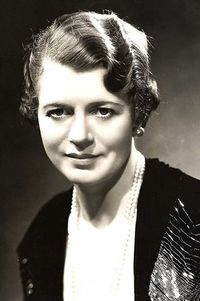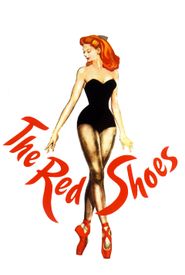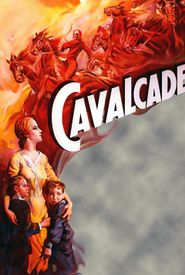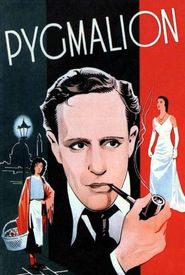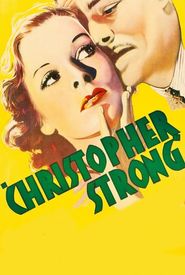Irene Browne, a celebrated British-born leading actress, embarked on her remarkable stage career in 1910, making her debut in the esteemed production of 'Robert Macaire'. Her impressive theatre credits spanned numerous notable performances, including a starring role in the West End production of 'No, No, Nanette' in 1925, which was a significant milestone in her illustrious career. Her versatility as a performer was further showcased in her notable appearance in Noel Coward's 'Cavalcade', a production that solidified her reputation as a talented and accomplished actress. In addition to her impressive stage work, Irene Browne also ventured into the world of Hollywood, starring in the screen adaptation of 'Cavalcade' in 1933. Although she faced a decline in her status as a leading lady, ultimately being relegated to supporting roles, Irene Browne continued to thrive in her career, ultimately returning to the London stage where she began, leaving a lasting legacy in the world of theatre.
Irene Browne's illustrious cinematic career boasts a plethora of notable performances, with standout roles in the iconic films 'The Red Shoes' (1948),'Pygmalion' (1938),and 'Cavalcade' (1933),a testament to her enduring talent and versatility as an actress.
She brought to life the character of Lady Ann(e) Pettigrew in both the 1933 film 'Berkeley Square' and its 1951 remake 'I'll Never Forget You', a testament to her ability to embody complex characters with depth and nuance.
What's more, Irene Browne's real-life relationships with her on-screen co-stars are a fascinating footnote to her impressive filmography. Despite playing the role of her characters' mother on screen, she was, in reality, only three months older than Colin Keith-Johnston, six years older than Valerie Taylor, and twelve years older than Heather Angel, a remarkable circumstance that highlights the close-knit nature of the film industry during the Golden Age of Hollywood.
Irene Browne, a renowned actress of her time, was recognized for her unique and distinct enunciation of her given name, which was often pronounced as Eye-REE-nee, a characteristic that set her apart from others in the industry. Her life came to a close on July 24, 1965, in the bustling city of London, leaving behind a rich and enduring legacy that continued to inspire and influence generations to come, a testament to her enduring impact on the world of entertainment.
